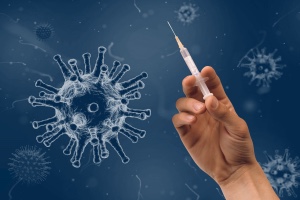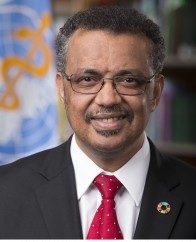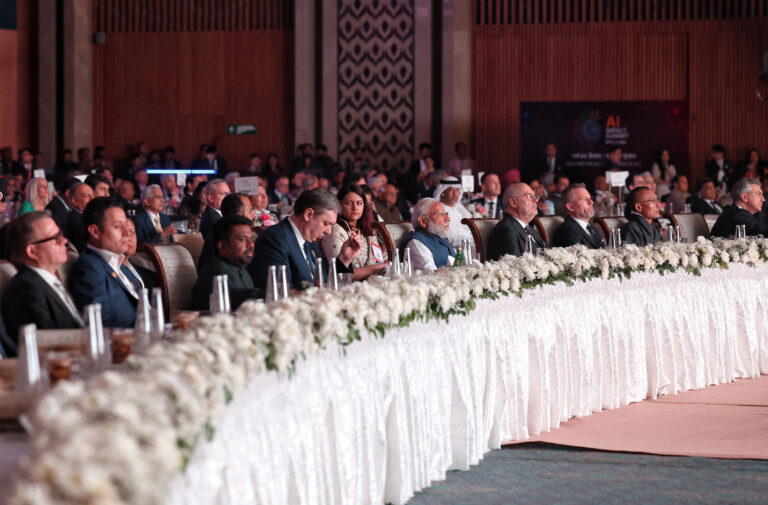

By Dr Tedros Adhanom Ghebreyesus*
Geneva: This is our third strategic plan for COVID-19, and it could and should be our last. It lays out three possible scenarios for how the pandemic could evolve this year. Based on what we know now, the most likely scenario is that the virus continues to evolve, but the severity of the disease it causes reduces over time as immunity increases due to vaccination and infection. Periodic spikes in cases and deaths may occur as immunity wanes, which may require periodic boosting for vulnerable populations.
In the best-case scenario, we may see less severe variants emerge, and boosters or new formulations of vaccines won’t be necessary.
In the worst-case scenario, a more virulent and highly transmissible variant emerges. Against this new threat, people’s protection against severe disease and death, either from prior vaccination or infection, will wane rapidly.
Addressing this situation would require significantly altering the current vaccines and making sure they get to the people who are most vulnerable to severe disease.
So how do we move forward, and end the acute phase of the pandemic this year?
It requires countries to invest in five core components:
- First, surveillance, laboratories, and public health intelligence;
- Second, vaccination, public health and social measures, and engaged communities;
- Third, clinical care for COVID-19, and resilient health systems;
- Fourth, research and development, and equitable access to tools and supplies;
- And fifth, coordination, as the response transitions from an emergency mode to long-term respiratory disease management.
We have all the tools we need to bring this pandemic under control: we can prevent transmission with masks, distancing, hand hygiene and ventilation; And we can save lives by ensuring everyone has access to tests, treatments and vaccines.
Equitable vaccination remains the single most powerful tool we have to save lives. Striving to vaccinate 70% of the population of every country remains essential for bringing the pandemic under control, with priority given to health workers, older people and other at-risk groups.
I’m surprised that there are some in the global health community who see the 70% target as no longer relevant. Many high- and middle-income countries have reached this target, and have seen a decoupling between cases and deaths. Even as some high-income countries now roll out fourth doses for their populations, one-third of the world’s population is yet to receive a single dose, including 83% of the population of Africa. This is not acceptable to me, and it should not be acceptable to anyone.
If the world’s rich are enjoying the benefits of high vaccine coverage, why shouldn’t the world’s poor? Are some lives worth more than others?
The COVID-19 pandemic has demonstrated the importance of every country having a reliable supply of quality-assured and safe medicines and vaccines, supported by a strong national regulator.
Yesterday, WHO approved Egypt and Nigeria’s medical products regulatory authorities as being at maturity level 3.
This means that these regulators are performing well against a set of more than 260 indicators, from authorizing medicines and vaccines, to testing, market surveillance and the ability to detect adverse events.
Egypt and Nigeria join Ghana and Tanzania as having stable and well-functioning regulatory systems in Africa, and there are several other regulators currently under assessment in all regions.
Getting to this level requires significant investment and we thank the governments that are engaging with WHO for their commitment, including Singapore, which was approved as Maturity level 4 last month.
These assessments are typical of much of WHO’s work – it doesn’t get many headlines, but it makes a massive difference to a country’s ability to deliver medical products that are safe, effective and that meet international standards for quality.
Even as we continue to respond to the pandemic, WHO is also putting in place new measures to help keep the world safe against future epidemics.
Today we are launching a new strategy to scale up genomic surveillance globally for pathogens with epidemic and pandemic potential. And tomorrow we launch a new global strategy for arboviruses – the family of viruses spread by mosquitoes that includes Dengue, Zika, Chikungunya and Yellow fever, and which pose a threat to more than half the world’s population.
*Director-General, World Health Organization. Excerpts from his speech at the press conference today.





